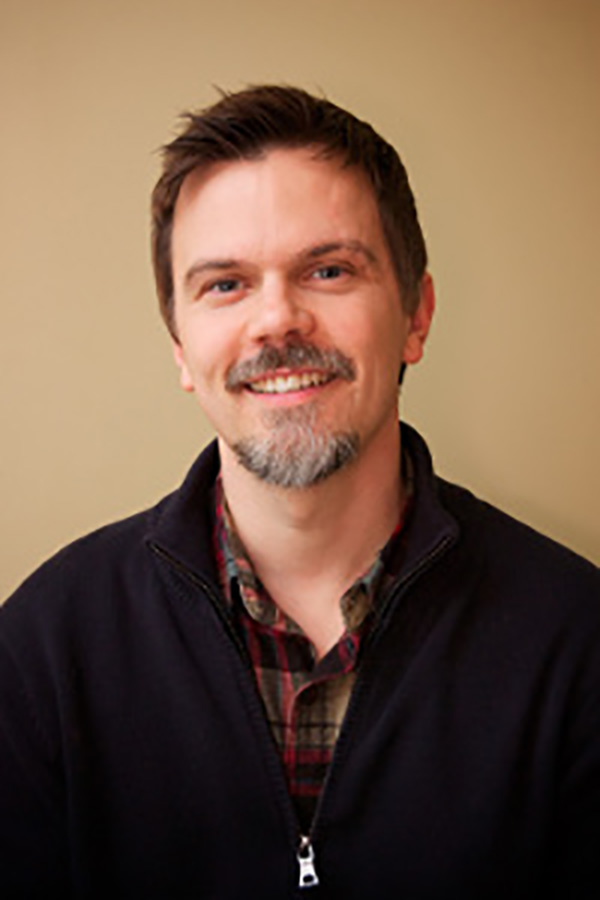Ryan Hibbett

Associate Professor
Department of English
College of Liberal Arts & Sciences
Course(s) Targeted by this Innovation
ENGL 607: Liberary Topics
HON 300: Dub Cultures: Literatures and Music of the Caribbean and Black Britain
Purpose and Impact
This course will introduce students to a wide range of authors and a tradition overwhelmingly and historically excluded from standard English curriculum, and offer an opportunity to study and experience literature, music, and dance in tandem rather than as distinct "fields."
Description of Innovation
This course would be based around “dub poetry”—an art form that emerged in the Caribbean and in Britain in the 1970s, whose texts enjoy a dual existence as live performances (often with reggae instrumentation) and in print. The term “dub” itself refers to the instrumental versions of reggae songs, in which a soundboard engineer would “dub” different recorded sounds into and out of the studio mix, and which spoken-word deejay artists would use to “rap” over. Dub poetry provides, then, an excellent opportunity to explore poetry and music, literature and popular culture, in conjunction with one another rather than as separately defined entities, as well as to challenge what has traditionally been a hierarchical binary of written versus oral, printed versus performed texts; for this course, listening will be as important as reading. Contextually speaking, students will learn about Jamaica’s imperial history and post-imperial politics as well as the challenges faced by the large populations of West Indians who immigrated to Britain mid-century: dub poetry speaks specifically and fervently to issues such as police brutality, poverty, and systemic oppression. They will explore the intersecting phenomena of pan- Africanism, Rastafarianism, reggae “sound system” culture, and recording technology and studio production. Finally, as dub poets typically write in “Jamaican English,” with phonetic rather than standard English spellings, students will have the opportunity to reflect on hierarchical categories of language (e.g. “language” vs. “dialect,” “standard” vs. “colloquial”) and their connotations, and the written tactics that sometimes subvert them.
The chief innovations, then, will be in implementing new and diverse content, within an interdisciplinary, multi-genre approach. I hope also, however, to implement new strategies for teaching with visual and audio technology as well as new strategies for integrating these things with discussion and lecture, and as a springboard for creative assignments. I plan also to integrate and provide honoraria for multiple guest presenters and performers, including percussionists and spoken-word artists.
Contact Us
Center for InnovativeTeaching and Learning
Phone: 815-753-0595
Email: citl@niu.edu
Connect with us on
Facebook page Twitter page YouTube page Instagram page LinkedIn page